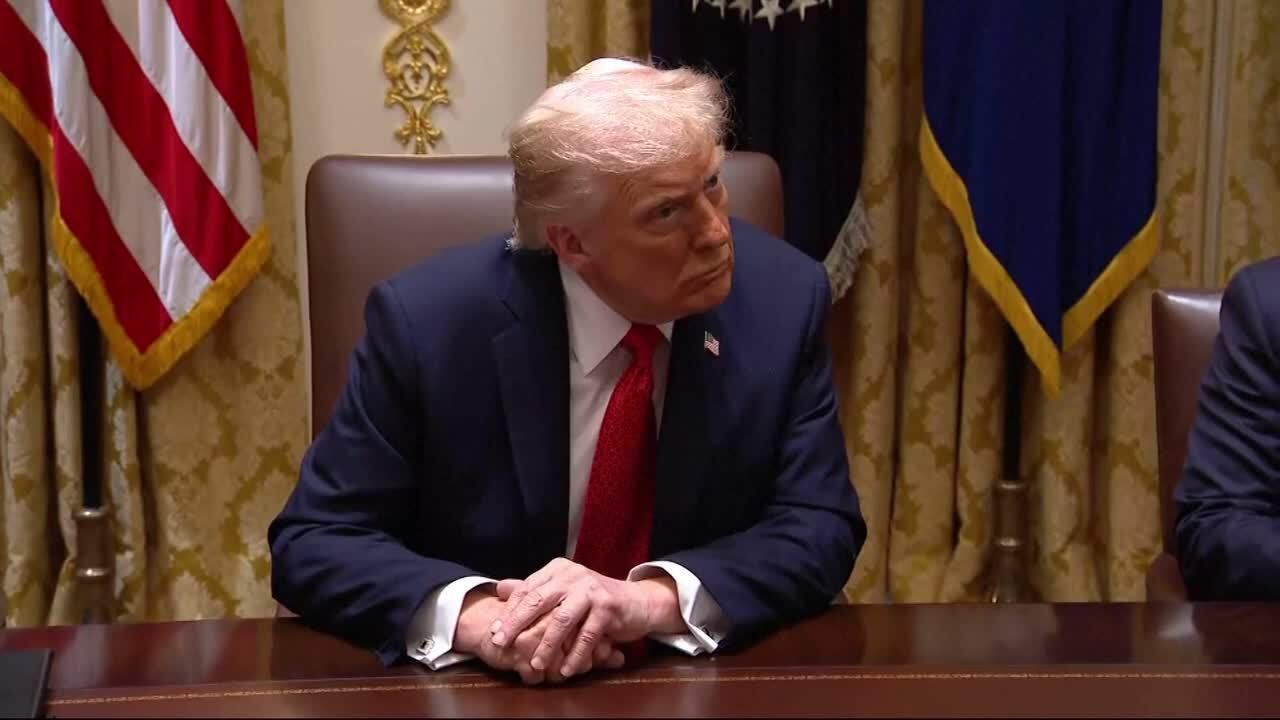WASHINGTON -- The United States and its military are facing very challenging times, Marine Corps Gen. James F. Amos, the Marine Corps commandant, said last week.
"I'm not a hand-wringer," Amos said. "I don't sit around and 'woe is me,' but I just take a look at ... the reality of the environment we currently live in."
Speaking at a forum on the future of maritime forces, the general said that after more than a decade of continuous conflict, he understands that the nation would grow weary of war, particularly during a period of fiscal difficulties.
But after an extended period of fighting, and combined with the drawdown from Afghanistan, the U.S. military must be reset and modernized, he said.
Amos noted that 70 percent of the equipment in Afghanistan came out of Iraq, where it had already been in service for about six years.
"You can't use the same gear over and over and over again, there has to be a degree of modernization," the general added.
Internationally, crisis has followed crisis, Amos said, noting that the recent cycle includes Libya, North Korea, Syria and Egypt.
"I think there's zero peace dividend coming out of Afghanistan," he said, adding, "I don't think the world is getting any nicer at all."
When a crisis occurs somewhere in the world, Amos said, the Joint Chiefs of Staff owe the president the ability to choose from a series of options. And the best way to ensure that options are available, the general said, is to maintain a forward presence around the world.
"We are America's insurance policy," he said.
As a leader on the world stage, the United States requires forward presence, Amos said.
"People count on us for stability," Amos said. "People depend on us for presence. They depend on us for relationships around the world. We have a responsibility."
Citing the strategic rebalance to the Asia-Pacific as one example of the expectations partner nations hold for the United States, Amos noted that the U.S. has 5 major treaties with countries in the region.
Aside from the diplomatic and economic reasons for engaging with partner nations, particularly in the Asia-Pacific region, he said, there's a moral imperative -- the Navy and Marine Corps are uniquely suited to provide humanitarian assistance in maritime regions. Natural disasters kill 75,000 people each year in the Asia-Pacific, Amos added.
"How do we do that ... by coming home? Do we do that by virtual presence? I'll tell you that virtual presence is actual absence," he said.
Without actually being present in a particular region of the globe, Amos said, it's difficult to establish relationships and build trust with that region's partners and allies.
"When things begin to unravel around the world, you truly cannot surge trust," the general said.
Sequestration is putting that strategy at risk, he said. The strategy itself is valid, Amos added, but how much of it the nation can afford is still being worked out.



























